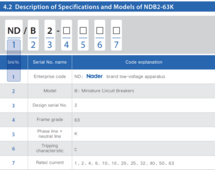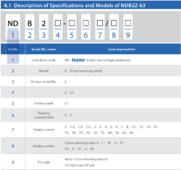robbob2112
Doing more research, mosty harmless
This advice/description is what is known as a fire waiting to happen and how NOT to do things safely.We've been running a 48v solar system for about 18 months. I used the cheap Harbor Freight battery disconnect switches on the solar input and the battery, and they work fine. Fusing the battery was not difficult as I used a giant ANL type 100A fuse. The odd problem was in fusing or protecting the panel input to the charge controller--it can be up to 100v unloaded and about 70-80v at 25-28 amps in full sunlight. I put in a commonplace AGU type 40 amp fuse in a cheap holder intended for automotive stereo applications--the fuse worked fine for more than a year, until it popped on a very hot sunny day. I never saw more than 30 amps in that circuit, but the fuse holder got very hot, melting some of the plastic. So the voltage and power going thru that circuit (it never saw more than 1900 watts max) is a little too much for some "automotive" type hardware. But the Harbor Freight disconnect switches have given no problems.

Battery Cutoff Switch
Amazing deals on this Battery Cut Off Switch at Harbor Freight. Quality tools & low prices.www.harborfreight.com





